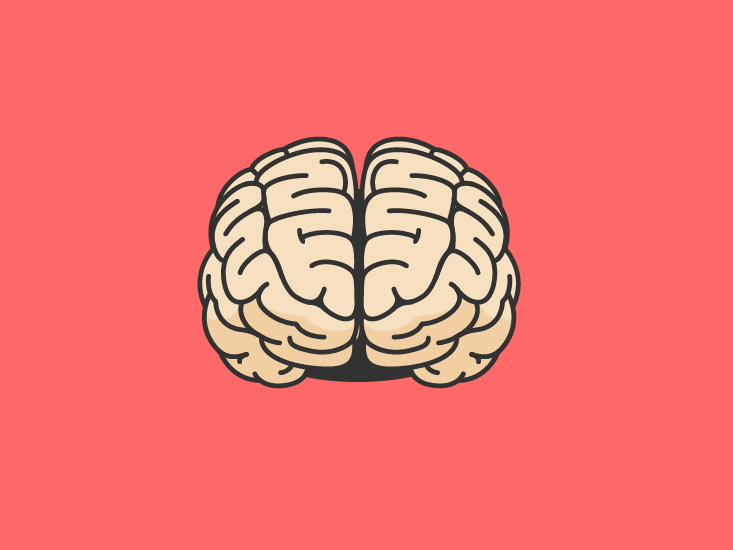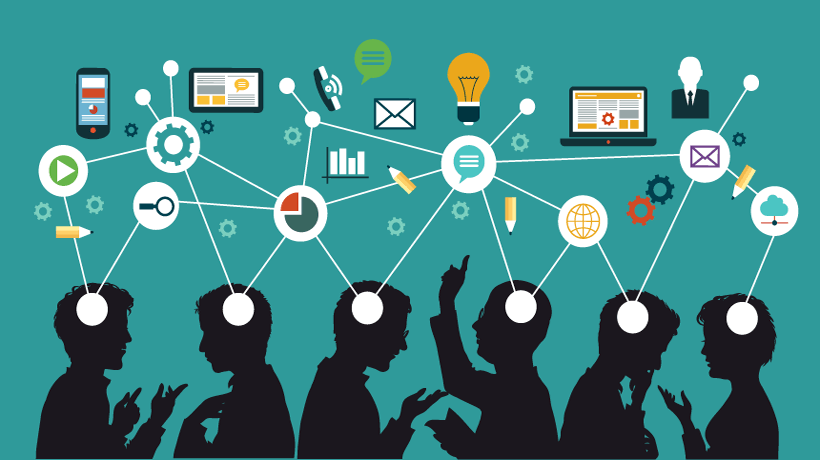Computation, according to Webster's Dictionary, is defined as "the action of mathematical calculation." But in the context of Professor Justice's Digital Media & Learning class at Texas State, computation revolves around how we perceive, alter, and learn from the world around us. To most of us this seems as mundane as breathing, but in fact it is an essential part of our lives, even more so for public educators. Computation is not only about learning about the world, but understanding the process and emotions that connect it to us. When a electrician is building a circuit, he understands the basic mechanics behind what makes a circuit operate. However, what strengthens the experience is the process of learning. Maybe he got frustrated and gave up halfway, or tried several different variations of circuits with little success. But in the end, it's not entirely important that he finally got it right, its the process of how he got there and his interactions with/reactions to the materials. This is the fundamental philosophy of computation: it's not about the end result, its about the process.


No comments:
Post a Comment